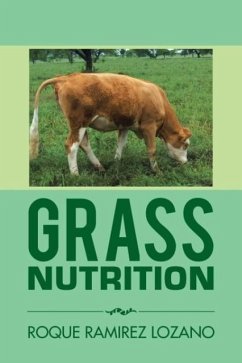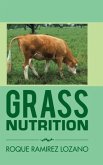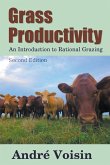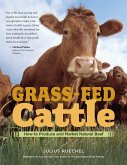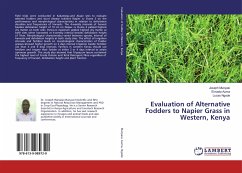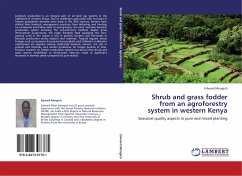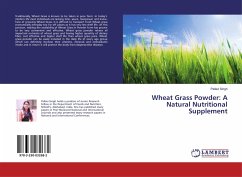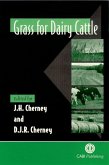Grass is the foremost plant type used for forage. For domesticated animals or wildlife, grass is the support of many individuals. This is due to the great number of grass types, their adaptability to wide habitats, and their persistence. Grass may be used to improve soil, diminish erosion, feed animals, absorb dung, create boundaries, clean air, disinfect water, offer habitat for wildlife, including insects, defend waterways, and offer grain for humans. Recognizing what animals will require to be fed, tips to learning which grass will provide the best nutrition for better performance. Different animals have different nutritional requirements and diverse grasses affect animal performance in a different way. For example, lactating animals have high nutritional requirements and need high-quality forages; meanwhile, dry cows and recreational cattle may have dissimilar performance capacities and may have different rations. This book examines in thirteen chapters the nutritional characteristics of several cultivated and native grasses produced in northeastern Mexico and southern Texas, USA. It provides coverage of basic ruminant nutrition concepts. The author discusses the importance of grasses as food resource. He argues the nutrition of grass carbohydrates. This book covers research on silica and lignin content of grasses. The nutrition of grass proteins and grass digestibility is also emphasized. Details are given on intake of grasses. Importance is given to the fundamentals of grazing by ruminants. Wide coverage is presented on the nutritional role of trees and shrubs mixed with grasses. Contributions of the botanical and agricultural description of grasses grown in northeastern Mexico and southern Texas USA are discussed. Prof. Roque Gonzalo Ramírez Lozano, Ph.D. Universidad Autónoma de Nuevo León Facultad de Ciencias Biológicas, Alimentos, Ave. Pedro de Alba y Manuel Barragán S/N, Ciudad Universitaria, San Nicolás de los Garza, Nuevo León, 66455, México. Mail: roque.ramirezlz@uanl.edu.mx
Hinweis: Dieser Artikel kann nur an eine deutsche Lieferadresse ausgeliefert werden.
Hinweis: Dieser Artikel kann nur an eine deutsche Lieferadresse ausgeliefert werden.

